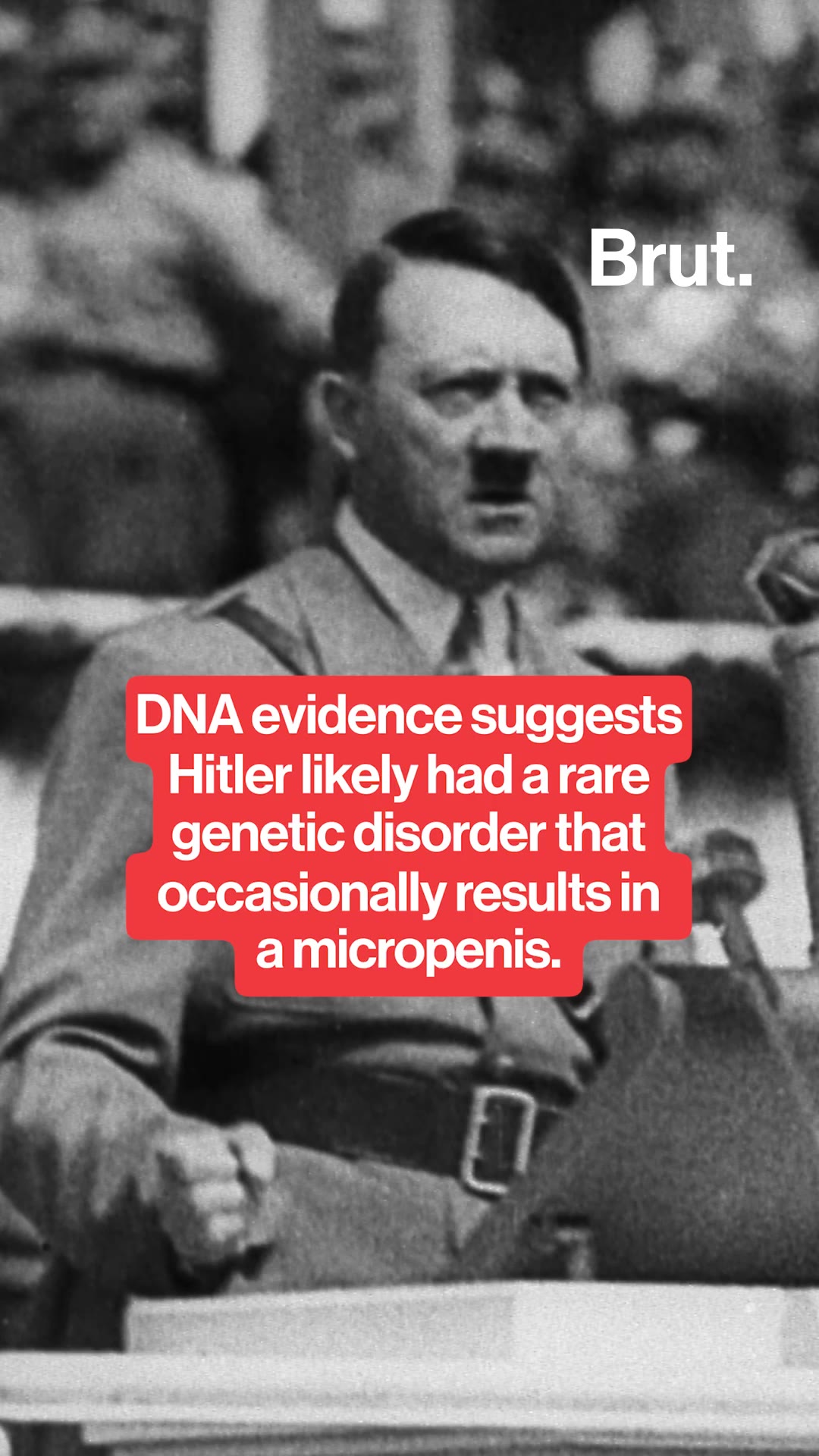SARS, the 2002 coronavirus outbreak
Global outbreaks
The coronavirus that's now spread beyond China is bringing back memories of the deadly SARS outbreak of 2003. SARS —Severe Acute Respiratory Syndrome was also caused by a coronavirus. The first infection appeared in Guangdong Province in November 2002, but it wasn’t until March 2003 that that the crisis was exposed. During the SARS outbreak, Dr. Julie Gerberding from Centers for Disease Control Director explained, “What we have here is an epidemic of new virus, or some virus that's causing problems in virtually every corner of the globe. We are controlling it primarily by identifying exposed and case patients and implementing public health measures to prevent spread.”
How the virus spreads
SARS killed about 1 in 10 people who contracted it. It spread to 29 countries, infected over 8,000 people, and killed nearly 800. Dr. David Heymann, the director at World Health Organization, reveals, “Instead of having dead-ended in humans, in other words, infecting humans and not moving on, it continues to transmit through channels of transmission to health workers, and to their family members, and others.” Like the new virus, SARS was transmitted from animals to humans. SARS is believed to have come from bats that infected civet cats, which were sold in open air food markets. Like the new coronavirus, SARS symptoms were fever and respiratory problems, including severe pneumonia. It spread from human to human through close contact.
Comparison of the two viruses
China's response to the new coronavirus outbreak is a stark contrast to SARS — when it initially concealed the true scale of infections. When there is a lack of information available during an outbreak, it is extremely difficult for doctors to inform the public with detailed advice. Shigeru Omi, WHO Regional Director, explained in 2006, “I don't think that there is an intentional cover up, but mainly because of the lack of technical capacity. And for some exceptional cases, I think there are certain human factors, like a reservation to report because they are afraid of the statement and a lack of compensation prevents them.” Once control measures were implemented, SARS was contained in months. No new cases have been reported since 2004, and the World Health Organization officially reported that the SARS outbreaks have been contained worldwide due to an unprecedented global collaboration in health.
Brut.
SARS, the 2002 coronavirus outbreak
Global outbreaks
The coronavirus that's now spread beyond China is bringing back memories of the deadly SARS outbreak of 2003. SARS —Severe Acute Respiratory Syndrome was also caused by a coronavirus. The first infection appeared in Guangdong Province in November 2002, but it wasn’t until March 2003 that that the crisis was exposed. During the SARS outbreak, Dr. Julie Gerberding from Centers for Disease Control Director explained, “What we have here is an epidemic of new virus, or some virus that's causing problems in virtually every corner of the globe. We are controlling it primarily by identifying exposed and case patients and implementing public health measures to prevent spread.”
How the virus spreads
SARS killed about 1 in 10 people who contracted it. It spread to 29 countries, infected over 8,000 people, and killed nearly 800. Dr. David Heymann, the director at World Health Organization, reveals, “Instead of having dead-ended in humans, in other words, infecting humans and not moving on, it continues to transmit through channels of transmission to health workers, and to their family members, and others.” Like the new virus, SARS was transmitted from animals to humans. SARS is believed to have come from bats that infected civet cats, which were sold in open air food markets. Like the new coronavirus, SARS symptoms were fever and respiratory problems, including severe pneumonia. It spread from human to human through close contact.
Comparison of the two viruses
China's response to the new coronavirus outbreak is a stark contrast to SARS — when it initially concealed the true scale of infections. When there is a lack of information available during an outbreak, it is extremely difficult for doctors to inform the public with detailed advice. Shigeru Omi, WHO Regional Director, explained in 2006, “I don't think that there is an intentional cover up, but mainly because of the lack of technical capacity. And for some exceptional cases, I think there are certain human factors, like a reservation to report because they are afraid of the statement and a lack of compensation prevents them.” Once control measures were implemented, SARS was contained in months. No new cases have been reported since 2004, and the World Health Organization officially reported that the SARS outbreaks have been contained worldwide due to an unprecedented global collaboration in health.
Brut.













